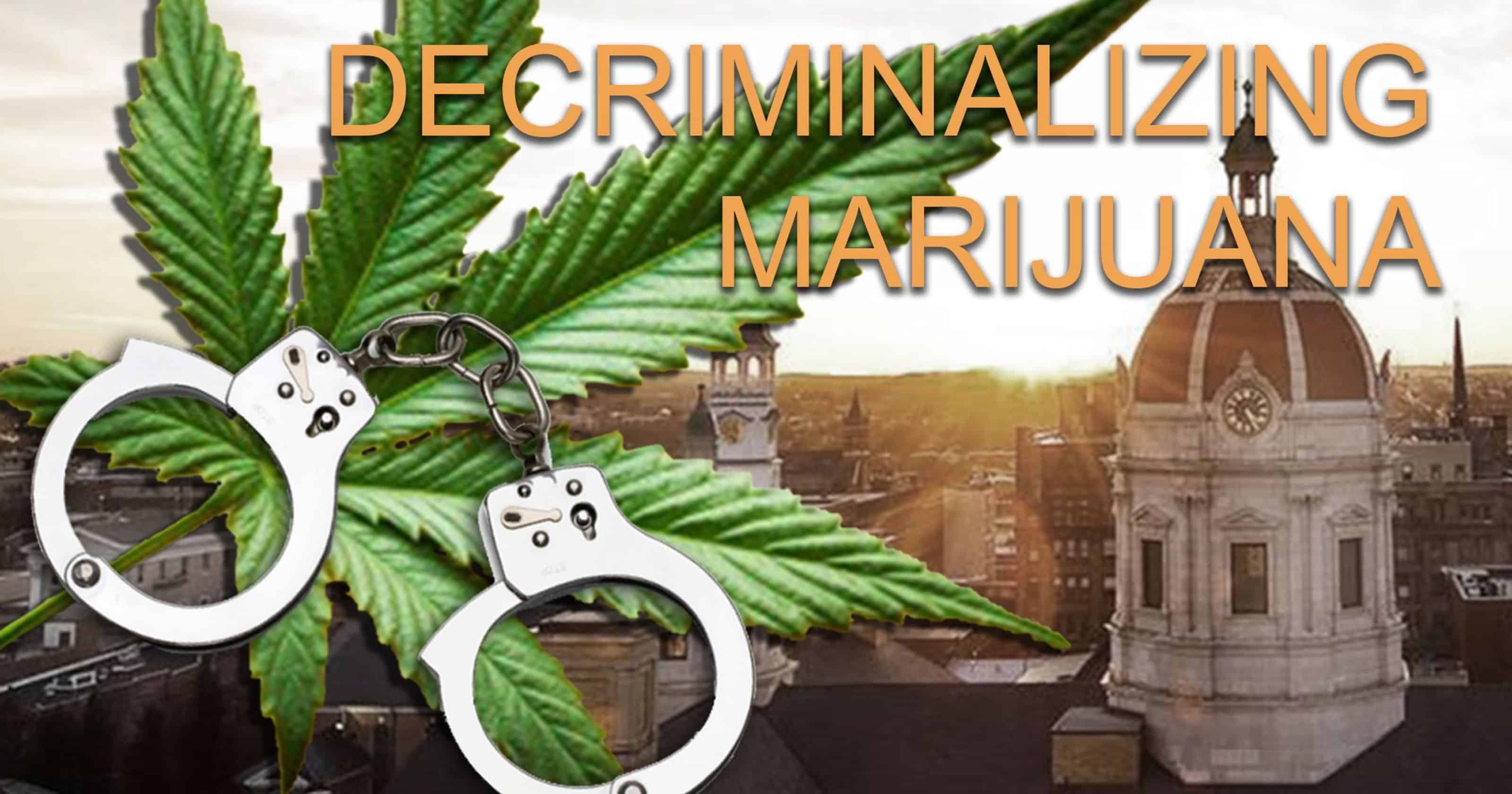
By Dan Murphy
County Legislator Christopher Johnson recently wrote a letter to Westchester District Attorney Anthony Scarpino asking him to reevaluate his office’s policy on prosecuting persons for low level marijuana offenses. “As you are aware the WESPAC Foundation, Westchester Coalition for Police Reform and Drug Policy Alliance has recently released a report about the disproportionate effects of marijuana arrest in communities of color, specifically Black and Hispanic males.
“Your office was already aware of that fact, as you were quoted in an article saying the “Westchester County District Attorney’s Office is very aware how people of color and the poor may be adversely impacted by the justice system”, and while your office has taken some steps in the right direction to stem the tide of the negative effects caused by interactions with the criminal justice system, I would urge you to take further steps to make sure that our County treats all people equally,” writes Johnson.
“Your counterparts in Kings County (Brooklyn) and in New York County (Manhattan) have both decided that the negatives of prosecuting low level marijuana offenses outweighs the positives, with the latter dismissing more than 3,000 cases related to marijuana smoking and possession. The continual prosecution of these infractions unnecessarily and unfairly introduces Black and Hispanic individuals to the justice system, all the while setting different standards for their white peers. Please note, the intent of this letter is not to discuss the pros and cons of the potential legalization of marijuana, it is singularly to implore you to cease the prosecution of those found in possession of low level amounts of marijuana.
“In addition to the social justice aspects that you have stated you are aware of, I am sure you recognize the additional financial and criminal justice benefits of moving away from prosecuting these cases. It would permit staff to work on other cases, lighten their current caseload and save Westchester residents money as your office’s time could focus on cases that require more energy. Additionally, more severe crimes could be prosecuted with greater detail, making our communities safer.”
Johnson also commented to Rising papers that as the current climate of marijuana legalization across the country continues, including in New York State, “regarding legalization vs. decriminalization, the negative health effects vs. health benefits of marijuana, and a host of other concerns, something must be done to curtail the unfair prosecutorial treatment toward Black and Hispanic individuals. We must stop the epidemic that is the gateway for our black and brown boys to become cyclic members of the criminal justice system.”
New York State has held a series of Regulated Marijuana Regional Listening Sessions, including one last month in Westchester at the Radisson New Rochelle. In July, the New York State Department of Health issued a report which found that the positive impacts of a regulated marijuana market in New York State outweigh the potential negative impacts, and that areas that may be a cause for concern can be mitigated with regulation and proper use of public education that is tailored to address key populations.
In August, Governor Andrew Cuomo appointed a workgroup to draft legislation for a regulated adult-use marijuana program for the legislature to consider next year. “I have reviewed the multi-agency report commissioned last January and have discussed its findings with Health Commissioner Dr. Howard Zucker,” said Governor Cuomo. “The next steps must be taken thoughtfully and deliberately. As we work to implement the report’s recommendations through legislation, we must thoroughly consider all aspects of a regulated marijuana program, including its impact on public health, criminal justice and State revenue, and mitigate any potential risks associated with it. “
Since 2012, the Governor has twice proposed legislation to ensure that possession of a small amount of marijuana, whether public or private, is treated as a violation and not as a misdemeanor, but the legislature has failed to adopt the proposal. In 2014, Governor Cuomo signed the Compassionate Care Act into law, establishing New York State’s Medical Marijuana Program.





